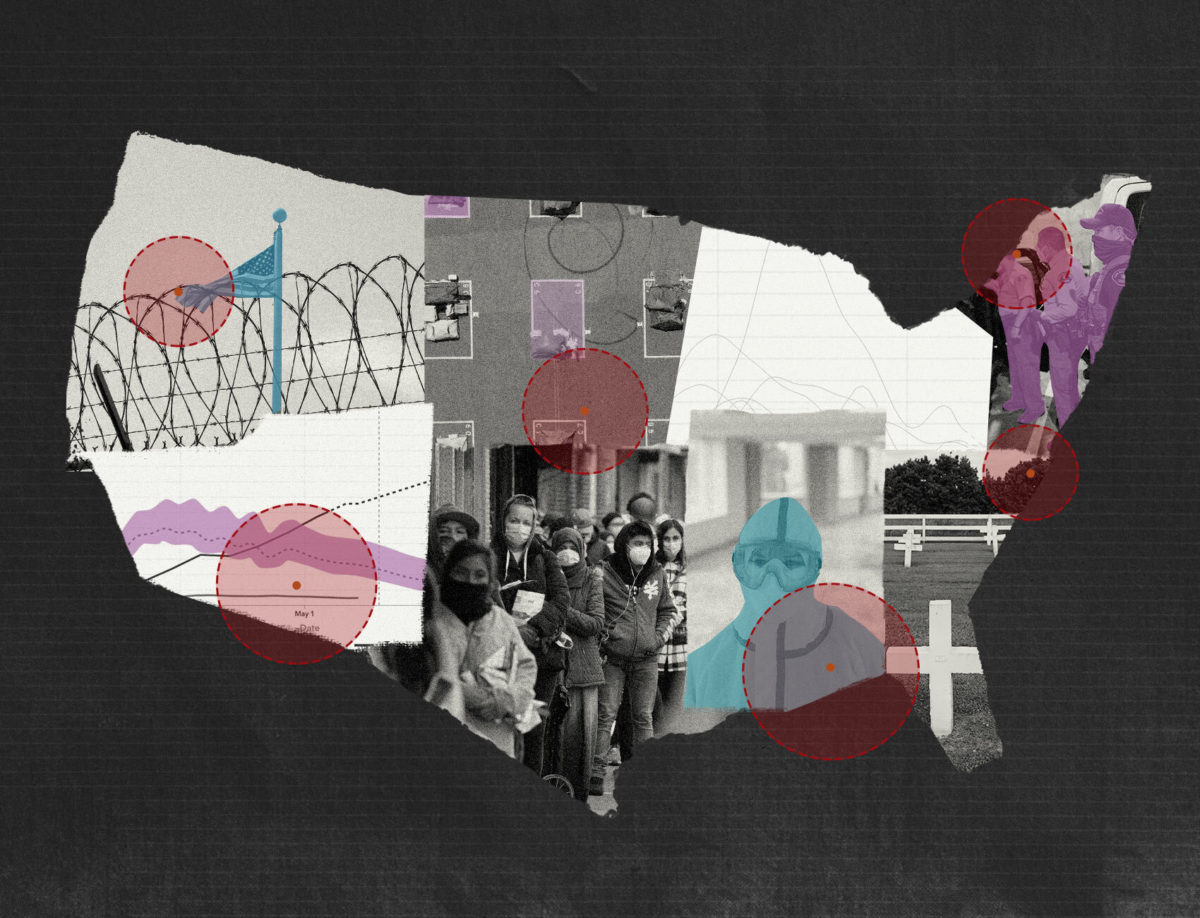
Coronavirus In Jails And Prisons
COVID continues to tear through San Quentin and another botched CDCR transfer results in an outbreak; cases continue to climb in jails and a prisoner at Sing Sing describes prison life amid a pandemic.

COVID continues to tear through San Quentin and another botched CDCR transfer results in an outbreak; cases continue to climb in jails and a prisoner at Sing Sing describes prison life amid a pandemic.

A new report gives all 50 states failing grades on how they’ve handled COVID-19 in correctional facilities, infections continue to creep into jails and the Palm Beach post takes Florida Gov. Ron DeSantis to task for his coronavirus failures.

Sacramento jail deputies agree to start wearing masks, the state agency that oversees California jails won’t collect COVID-19 data, a lockdown failed to stop infections in a women’s jail, and cases continue to increase at San Quentin.

Despite early warnings, jails and prisons have seen a rapid spread of the virus—a humanitarian disaster that puts all of our communities, and lives, at risk. Every day, The Appeal examines the scale of the crisis, numbers of infected and dead, around the nation.
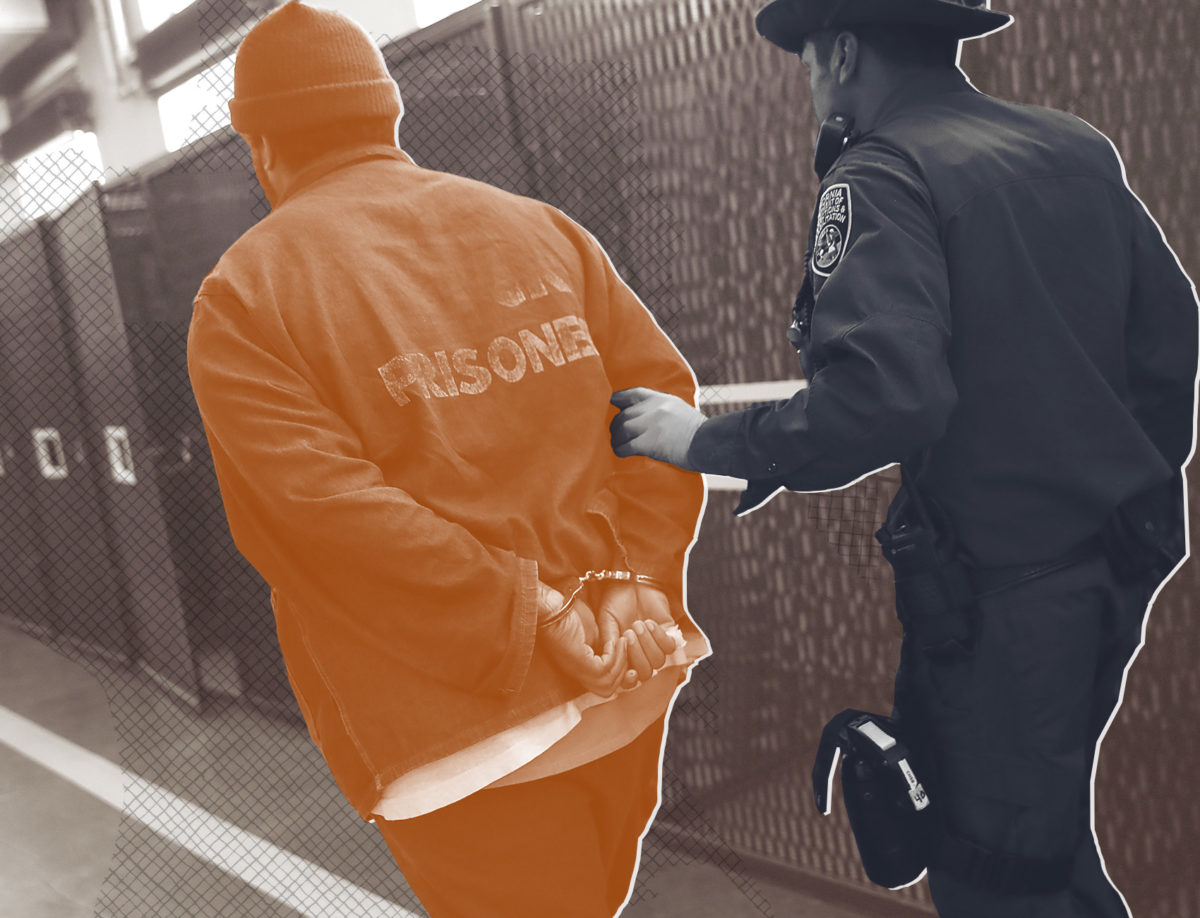
Prisoners are reluctant to report when they’re feeling sick, because they know they’ll be sent to solitary confinement.

Despite early warnings, jails and prisons have seen a rapid spread of the virus—a humanitarian disaster that puts all of our communities, and lives, at risk. Every day, The Appeal examines the scale of the crisis, numbers of infected and dead, around the nation.

Despite early warnings, jails and prisons have seen a rapid spread of the virus—a humanitarian disaster that puts all of our communities, and lives, at risk. Every day, The Appeal examines the scale of the crisis, numbers of infected and dead, around the nation.

Despite early warnings, jails and prisons have seen a rapid spread of the virus—a humanitarian disaster that puts all of our communities, and lives, at risk. Every day, The Appeal examines the scale of the crisis, numbers of infected and dead, around the nation.

Despite early warnings, jails and prisons have seen a rapid spread of the virus—a humanitarian disaster that puts all of our communities, and lives, at risk. Every day, The Appeal examines the scale of the crisis, numbers of infected and dead, around the nation.
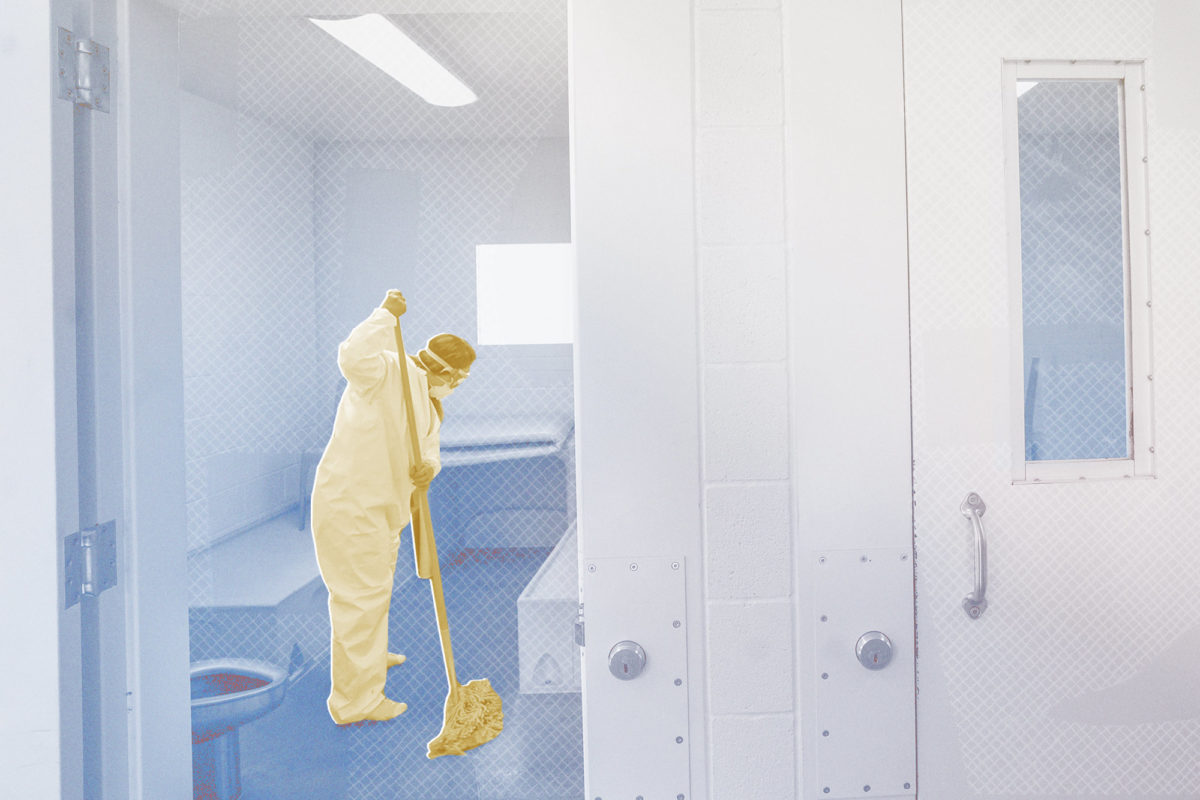
The accounts by prisoners in Cummins Unit contradict messaging from the state Department of Corrections, which says it has taken aggressive steps to stop the spread of coronavirus.

Despite early warnings, jails and prisons have seen a rapid spread of the virus—a humanitarian disaster that puts all of our communities, and lives, at risk. Every day, The Appeal examines the scale of the crisis, numbers of infected and dead, around the nation.

Despite early warnings, jails and prisons have seen a rapid spread of the virus—a humanitarian disaster that puts all of our communities, and lives, at risk. Every day, The Appeal examines the scale of the crisis, numbers of infected and dead, around the nation.

Despite early warnings, jails and prisons have seen a rapid spread of the virus—a humanitarian disaster that puts all of our communities, and lives, at risk. Every day, The Appeal examines the scale of the crisis, numbers of infected and dead, around the nation.

Despite early warnings, jails and prisons have seen a rapid spread of the virus—a humanitarian disaster that puts all of our communities, and lives, at risk. Every day, The Appeal examines the scale of the crisis, numbers of infected and dead, around the nation.

Despite early warnings, jails and prisons have seen a rapid spread of the virus—a humanitarian disaster that puts all of our communities, and lives, at risk. Every day, The Appeal examines the scale of the crisis, numbers of infected and dead, around the nation.

Despite early warnings, jails and prisons have seen a rapid spread of the virus—a humanitarian disaster that puts all of our communities, and lives, at risk. Every day, The Appeal examines the scale of the crisis, numbers of infected and dead, around the nation.

Despite early warnings, jails and prisons have seen a rapid spread of the virus—a humanitarian disaster that puts all of our communities, and lives, at risk. Every day, The Appeal examines the scale of the crisis, numbers of infected and dead, around the nation.
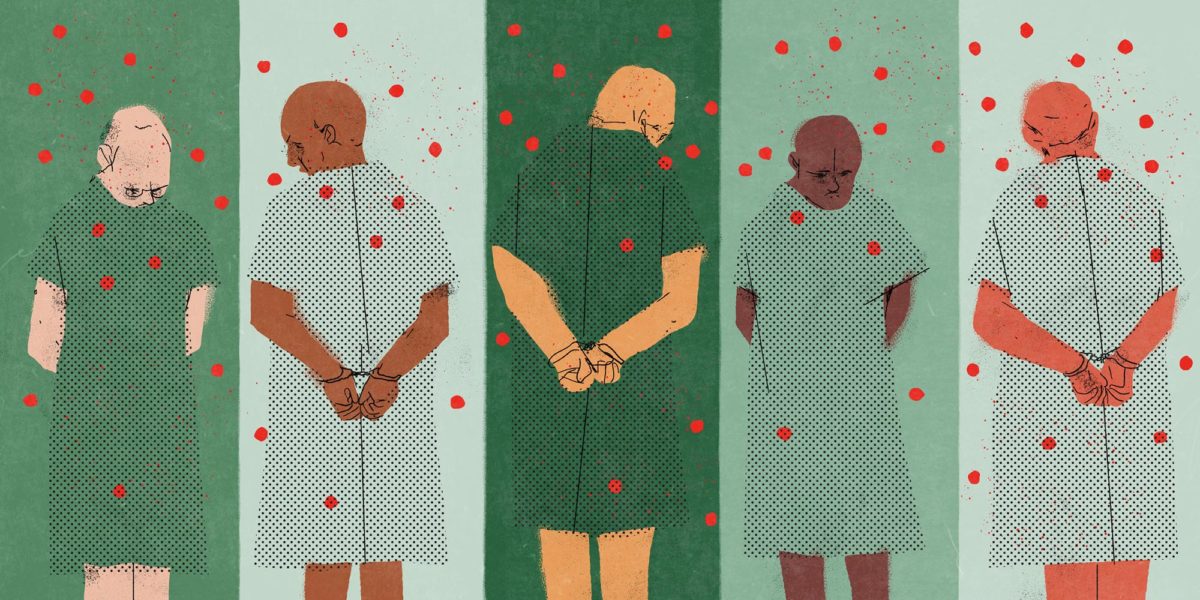
The detainees already completed their criminal sentences—but they are prevented from leaving for years. And with the coronavirus spreading, their lives are at risk.

Despite early warnings, jails and prisons have seen a rapid spread of the virus—a humanitarian disaster that puts all of our communities, and lives, at risk. Every day, The Appeal examines the scale of the crisis, numbers of infected and dead, around the nation.
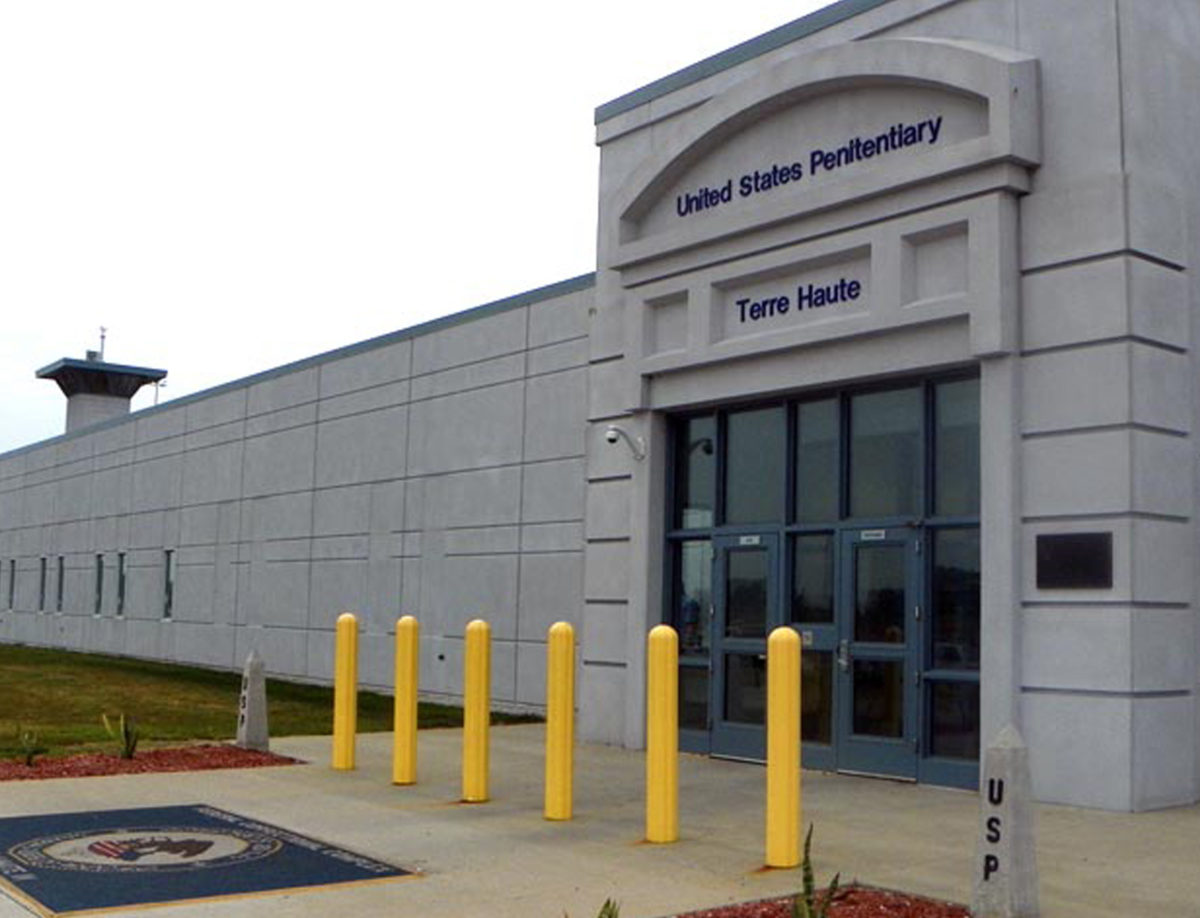
After protests broke out in several cities in response to George Floyd’s death, the agency ordered the first nationwide lockdown in 25 years.

Despite early warnings, jails and prisons have seen a rapid spread of the virus—a humanitarian disaster that puts all of our communities, and lives, at risk. Every day, The Appeal examines the scale of the crisis, numbers of infected and dead, around the nation.

Despite early warnings, jails and prisons have seen a rapid spread of the virus—a humanitarian disaster that puts all of our communities, and lives, at risk. Every day, The Appeal examines the scale of the crisis, numbers of infected and dead, around the nation.

Despite early warnings, jails and prisons have seen a rapid spread of the virus—a humanitarian disaster that puts all of our communities, and lives, at risk. Every day, The Appeal examines the scale of the crisis, numbers of infected and dead, around the nation.

Despite early warnings, jails and prisons have seen a rapid spread of the virus — a humanitarian disaster that puts all of our communities, and lives, at risk. The Appeal examines the scale of the crisis, numbers of infected and dead, around the nation.

Despite early warnings, jails and prisons have seen a rapid spread of the virus — a humanitarian disaster that puts all of our communities, and lives, at risk. The Appeal examines the scale of the crisis, numbers of infected and dead, around the nation.
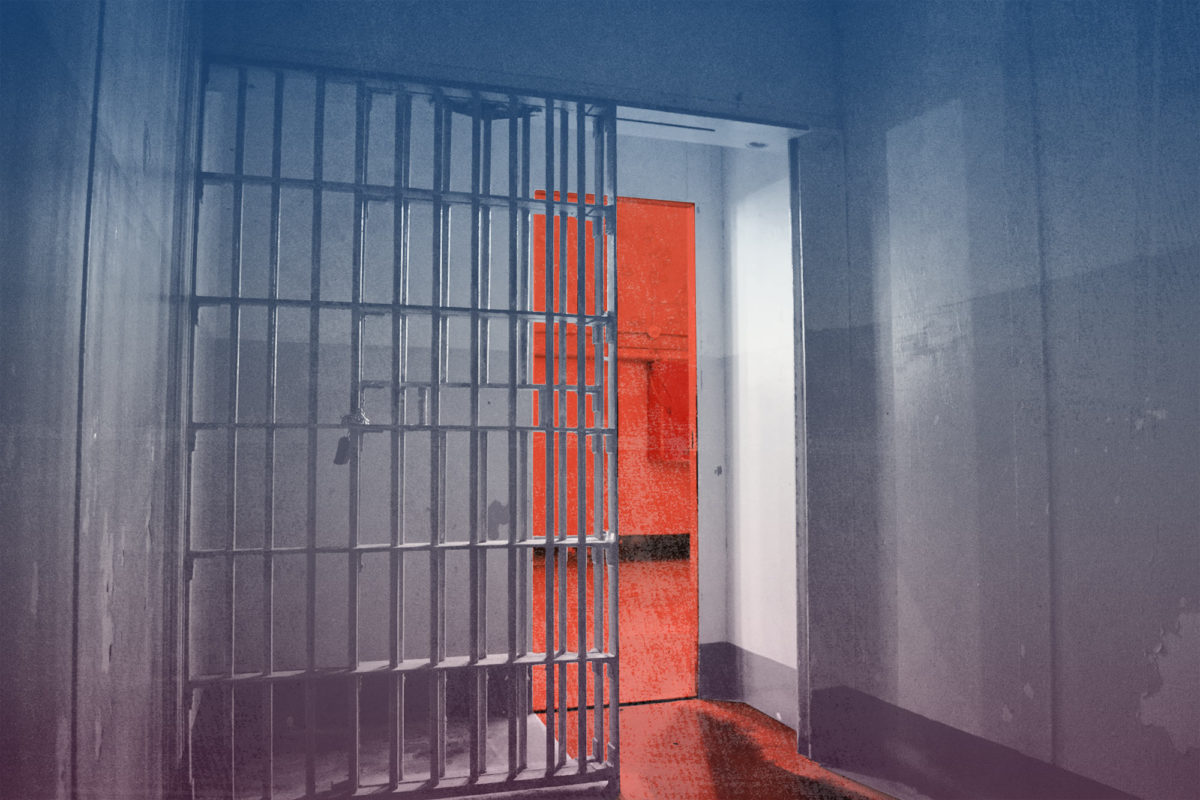
For weeks, two houses in Illinois’ Vienna Correctional Center ran on generator power and had intermittent failures, multiple prisoners told The Appeal. The outages made it harder to use the shared bathroom, one of the few places they could wash their hands.
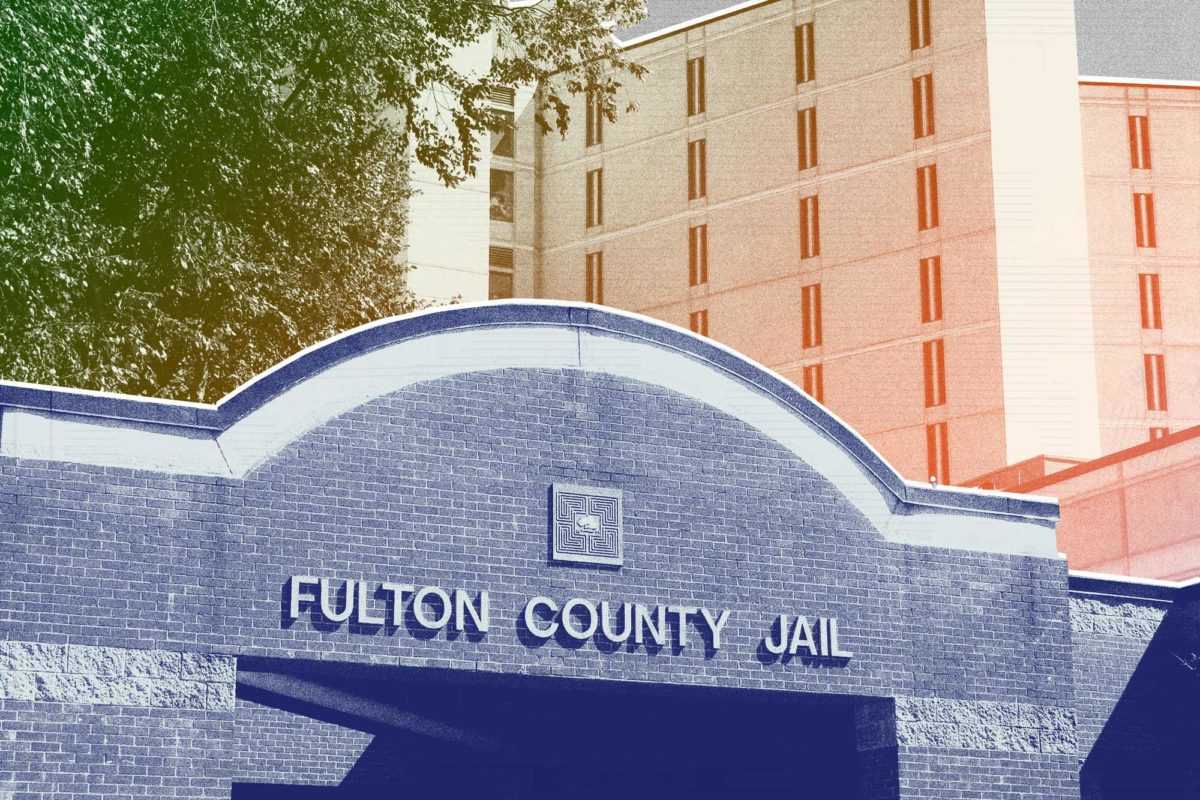
‘Our state and local officials have a responsibility to not endanger those who are under correctional control,’ the ACLU of Georgia’s executive director said.
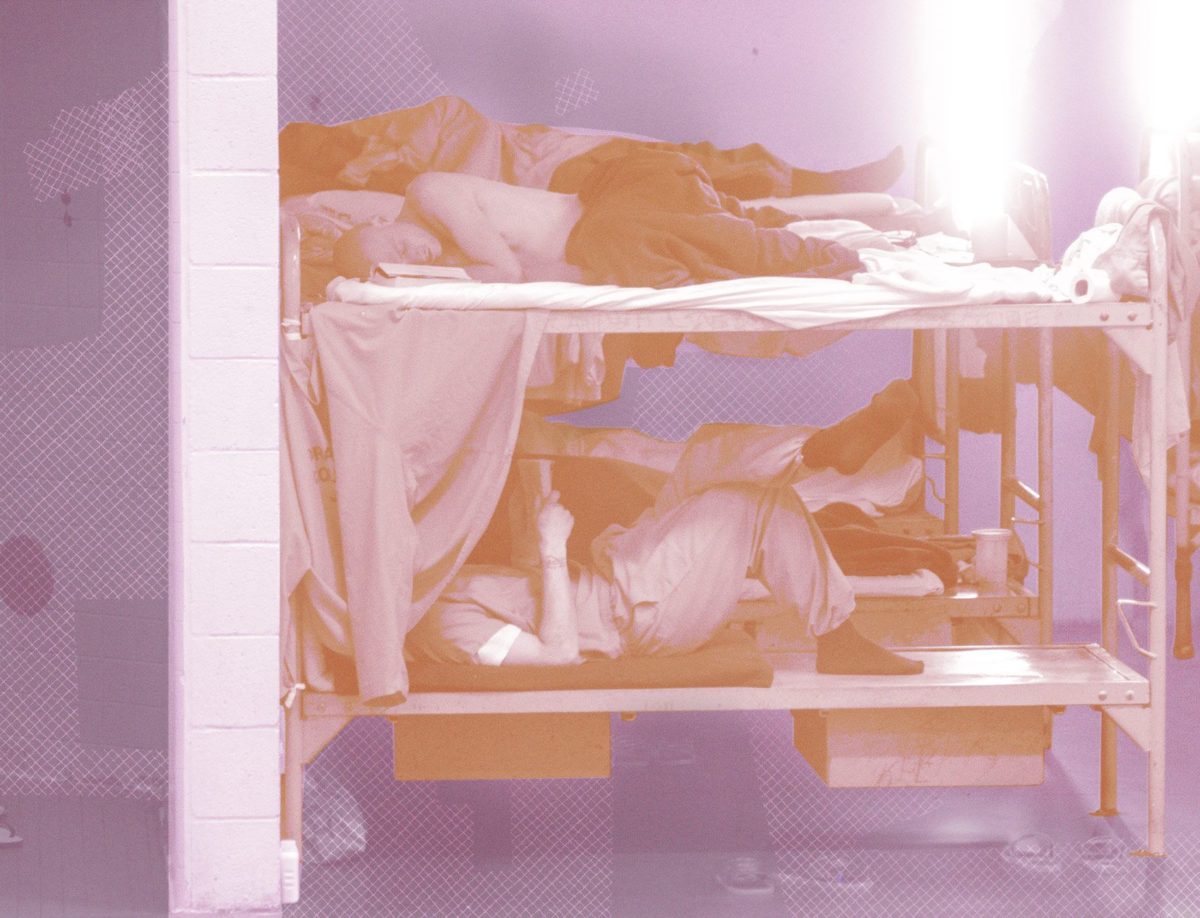
Attorneys for prisoners say the policy goes against public health warnings and will ‘promote and facilitate a viral outbreak.’

Prisoners feel like they are ‘sitting ducks,’ said a woman whose boyfriend is incarcerated at the James T. Vaughn Correctional Center.
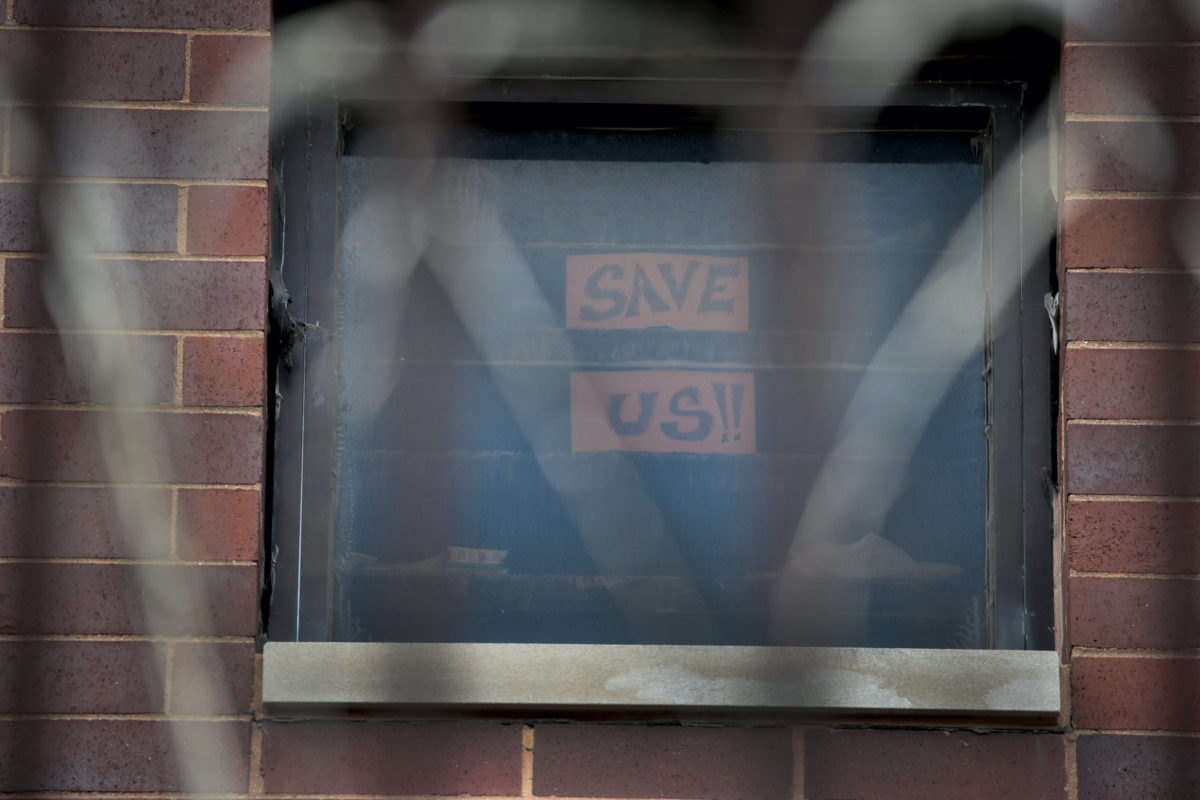
Prisoners say the jail, which has seen more than 800 confirmed cases, is a ‘death trap’ plagued by sanitary issues and a lack of testing. Their testimonies stand at stark odds with the sheriff’s office, which says it is keeping ‘staff and detainees as safe as possible.’
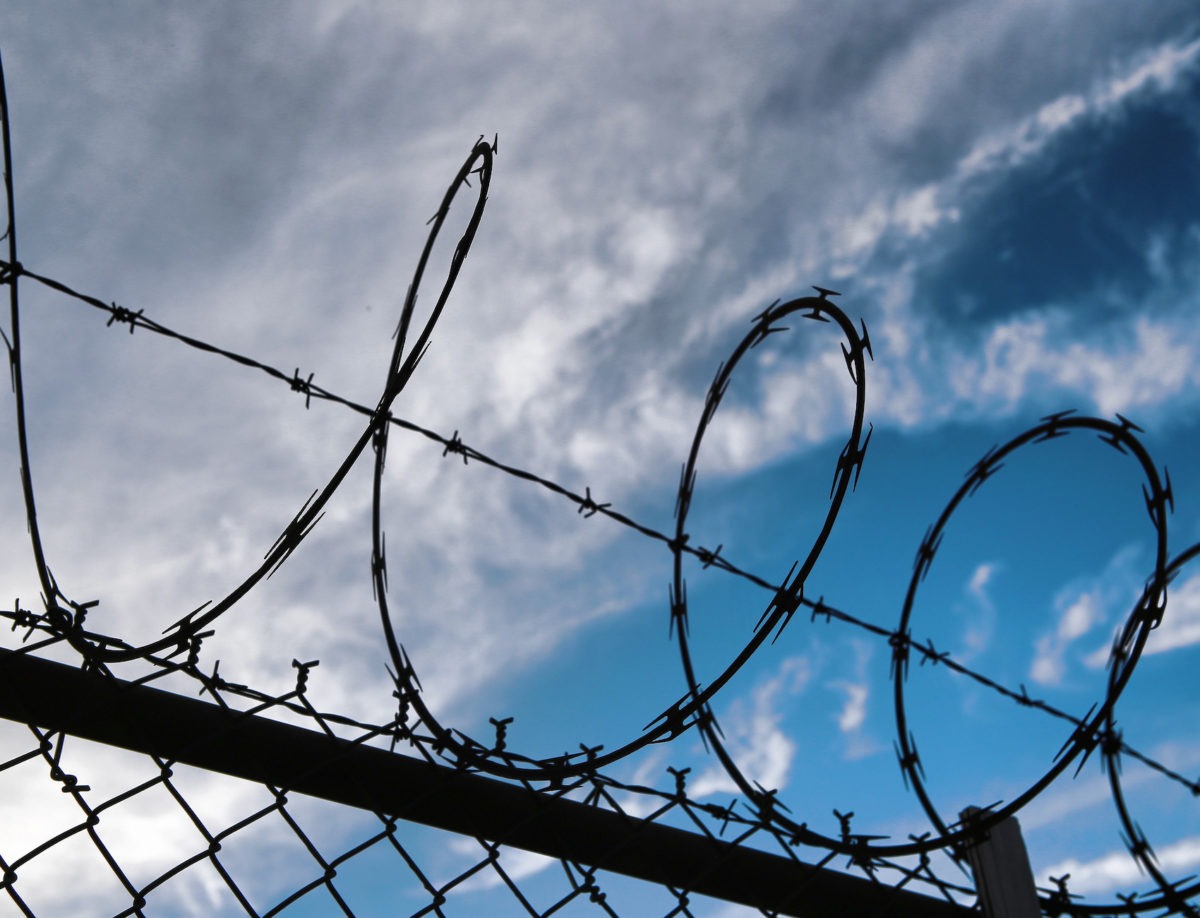
One prisoner says a man collapsed while waiting for a temperature check and was sprayed down with disinfectant as he lay on the floor. BOP denied it.
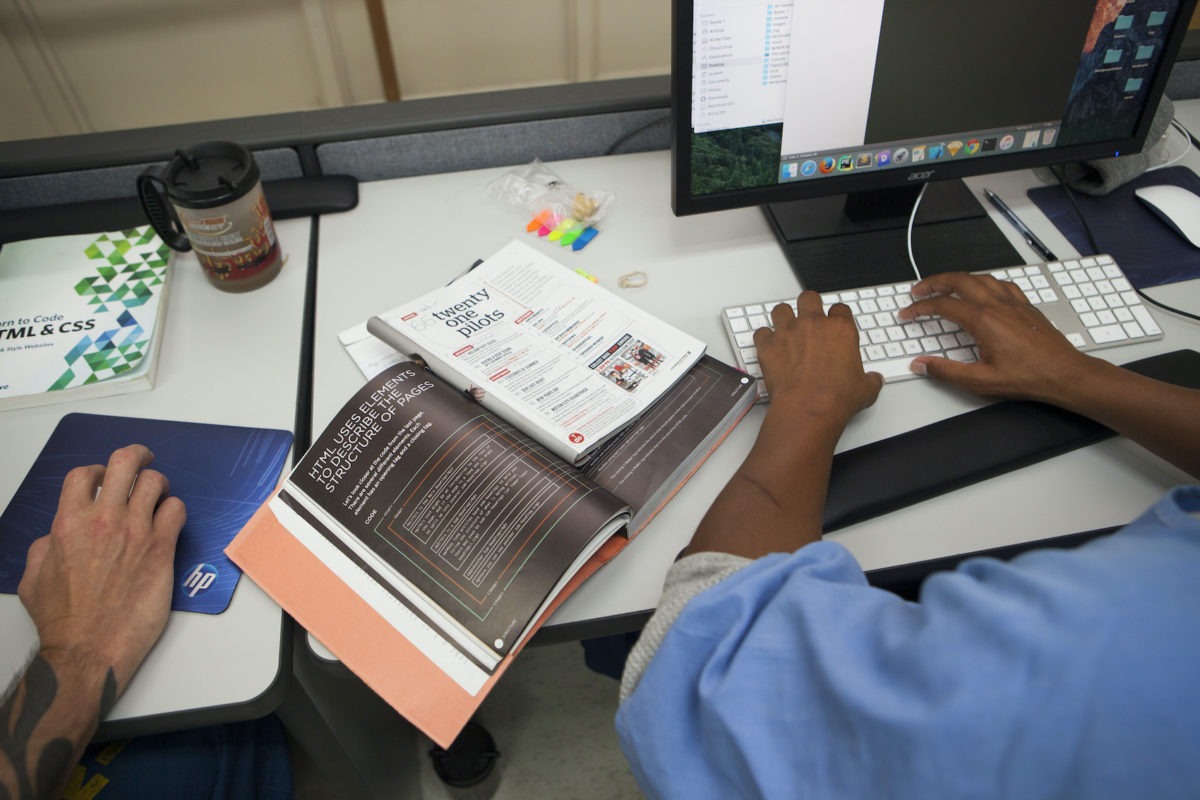
Josie Duffy Rice and co-host Derecka Purnell are joined by Dyjuan Tatro and Wesley Caines to talk about education in prisons.
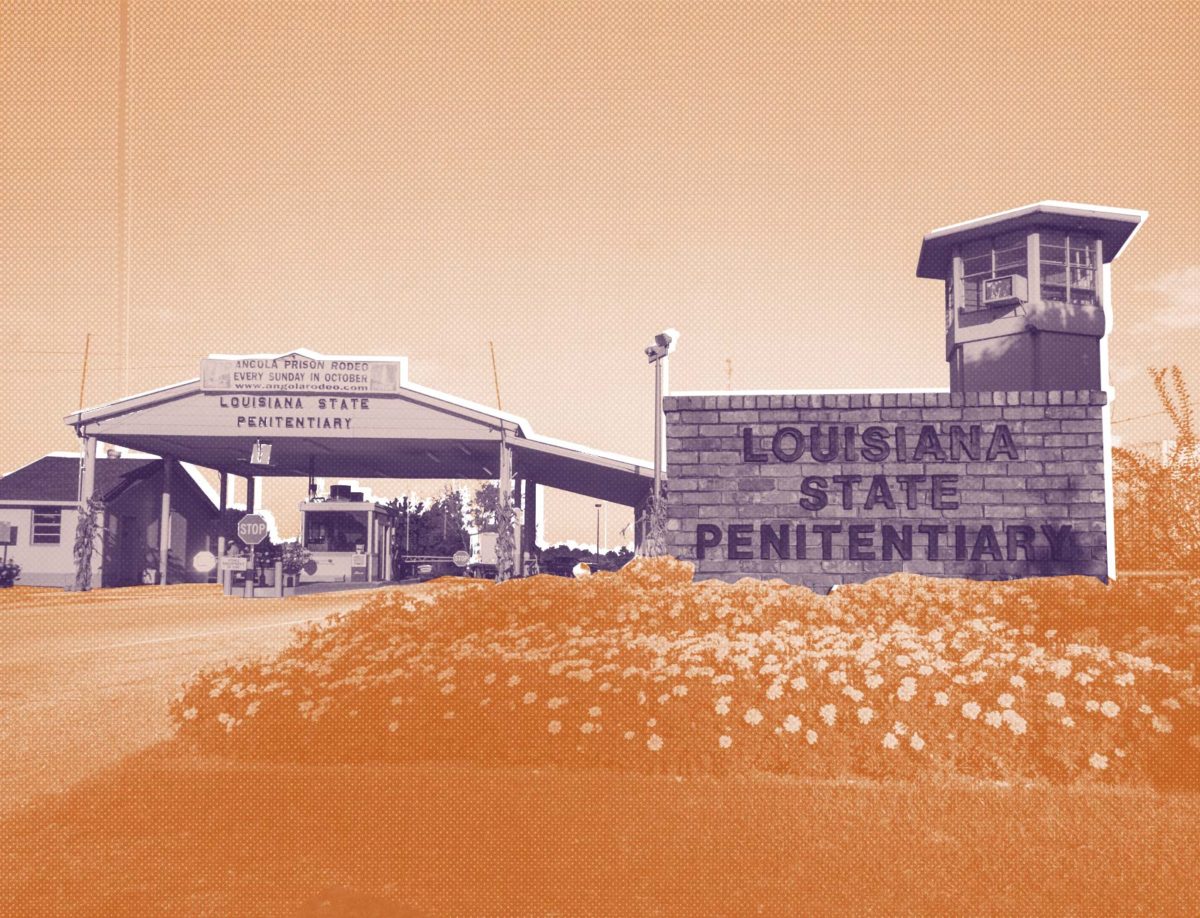
Criminal justice advocates have called Camp J at the Louisiana State Penitentiary ‘a dungeon.’ Now it’s housing prisoners who have been diagnosed with COVID-19.
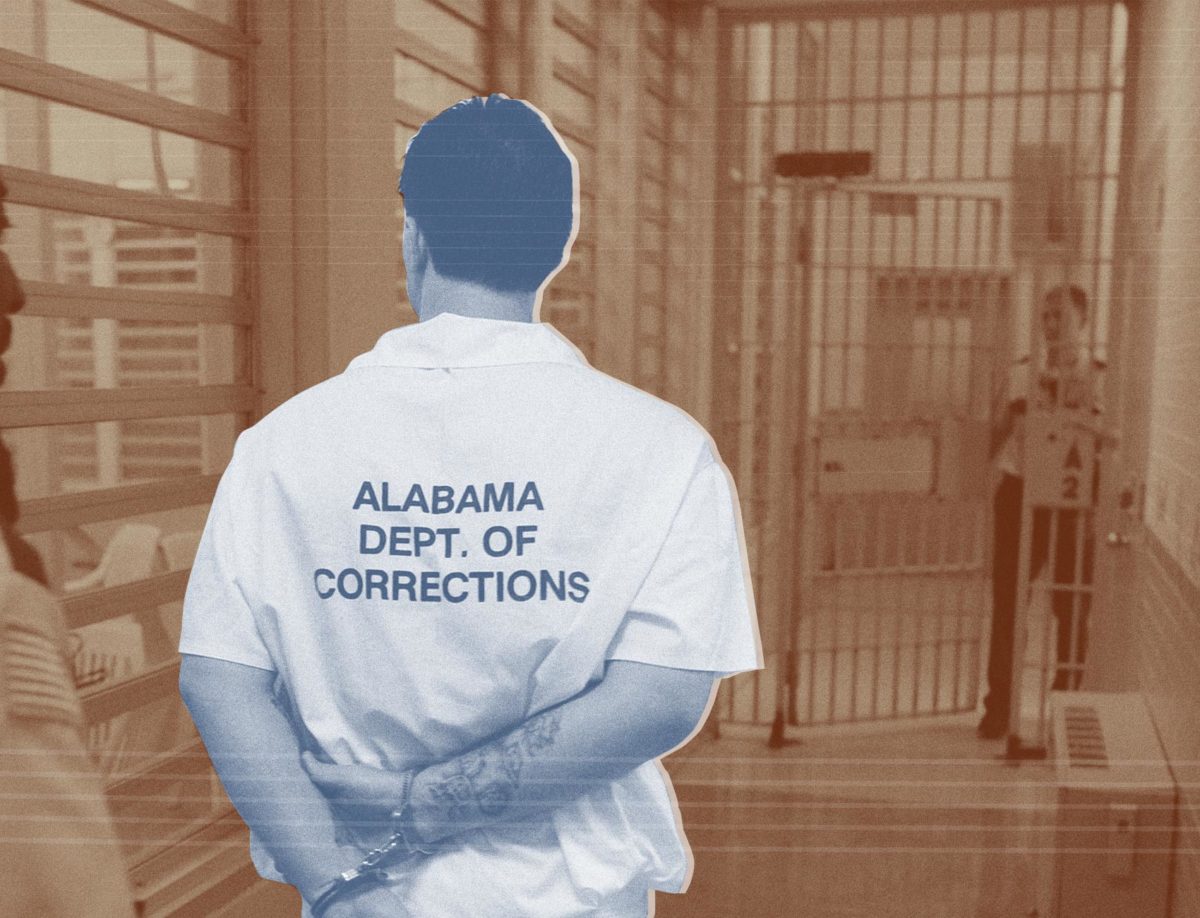
Approximately 100 men will be transported to Draper Correctional Facility, which has long been known for its nightmarish conditions.

With programming paused and prison jobs reduced, people inside will not be able to earn good-time credits and are cut off from a means of supporting themselves.
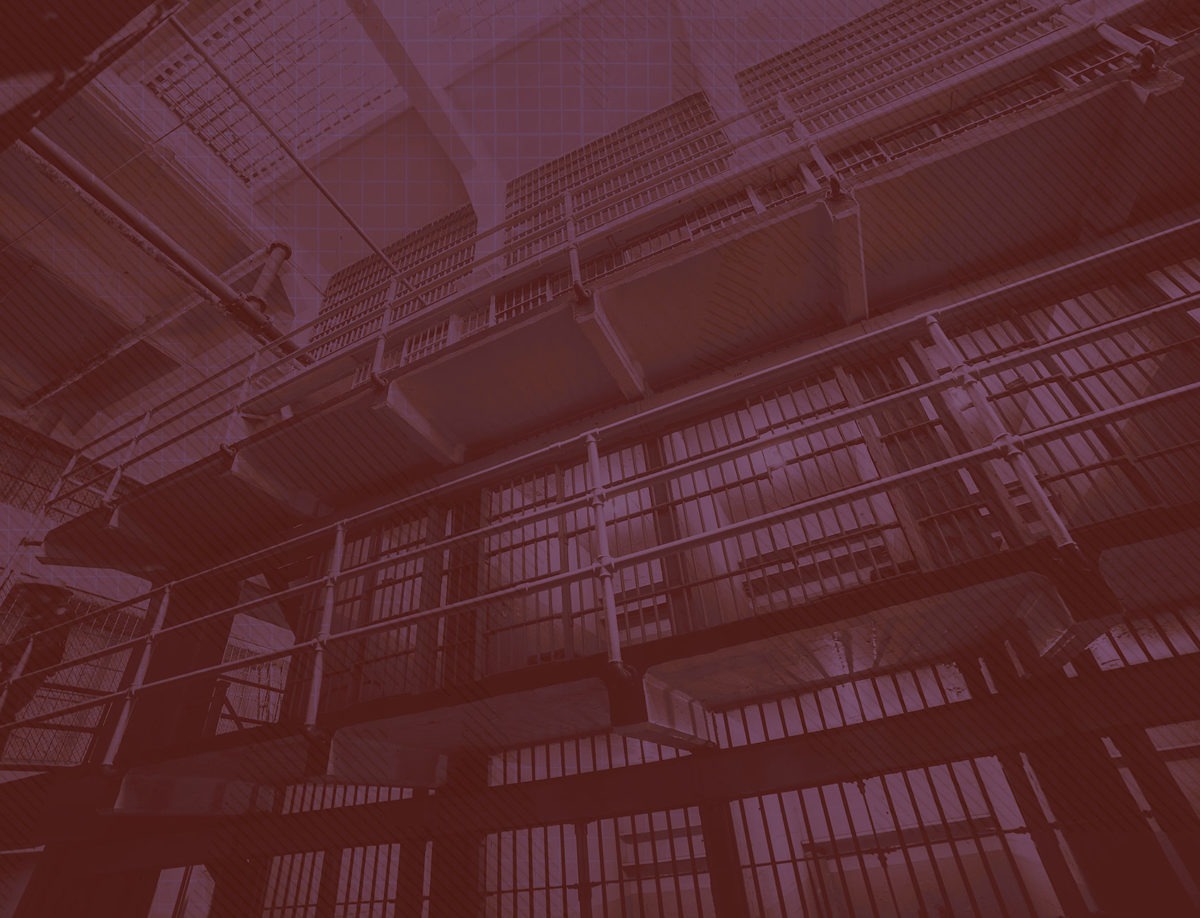
By letting people out now, we can avoid overwhelming our healthcare system with sick prisoners later.

‘We are still packed in like sardines,’ writes Fate Winslow, who’s serving a life sentence. ‘The prison doesn’t supply anything for us.’
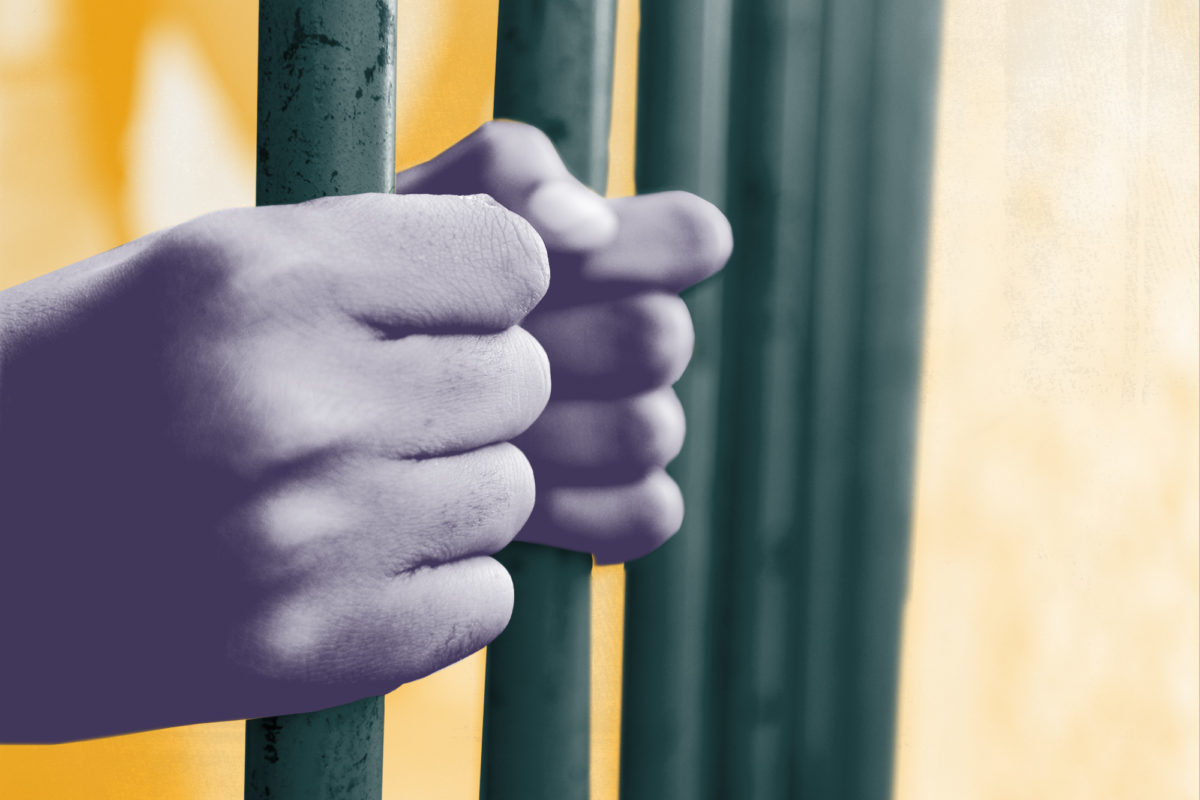
In Alabama and elsewhere, canceled hearings and new procedures are complicating the parole process for people hoping to be freed.
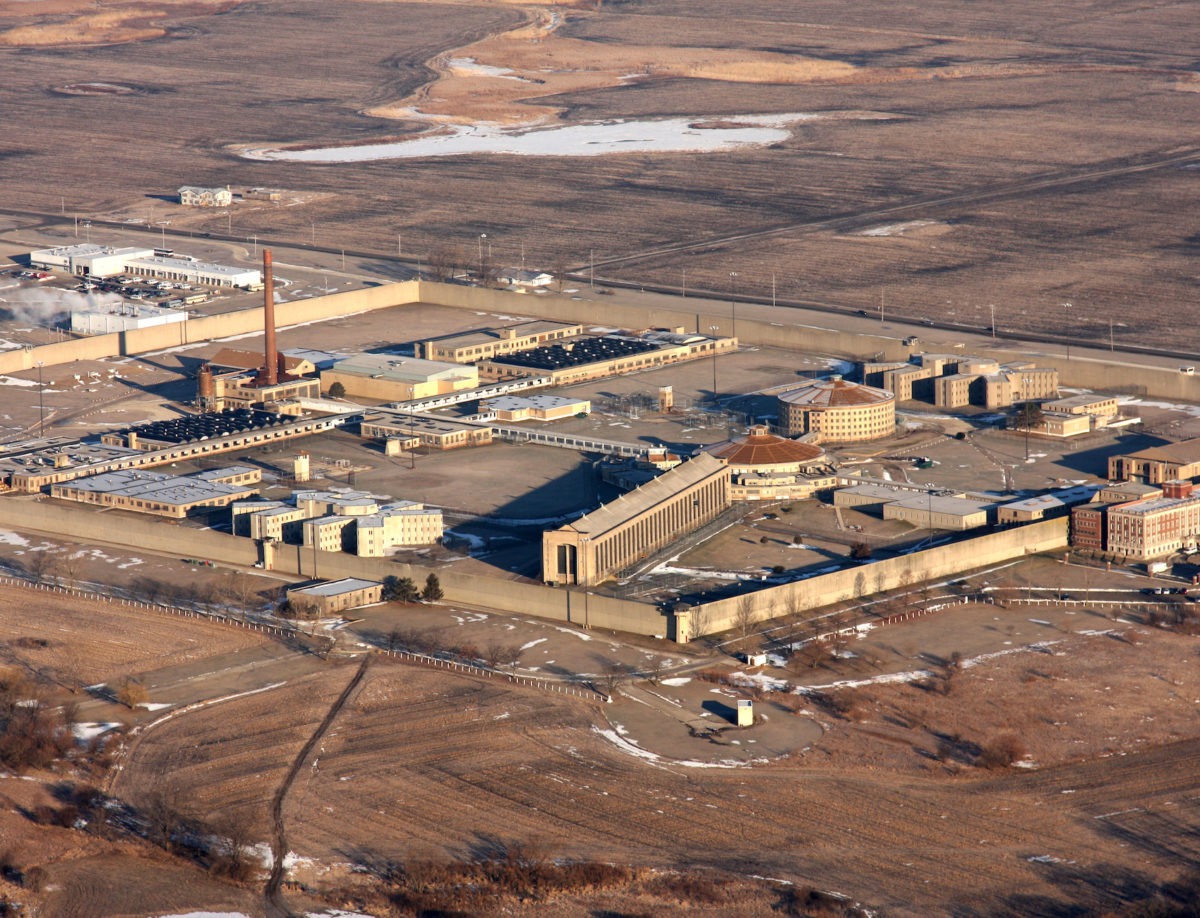
It took a prisoner’s death ‘just for them to pass out a single extra bar of soap,’ one incarcerated man said.
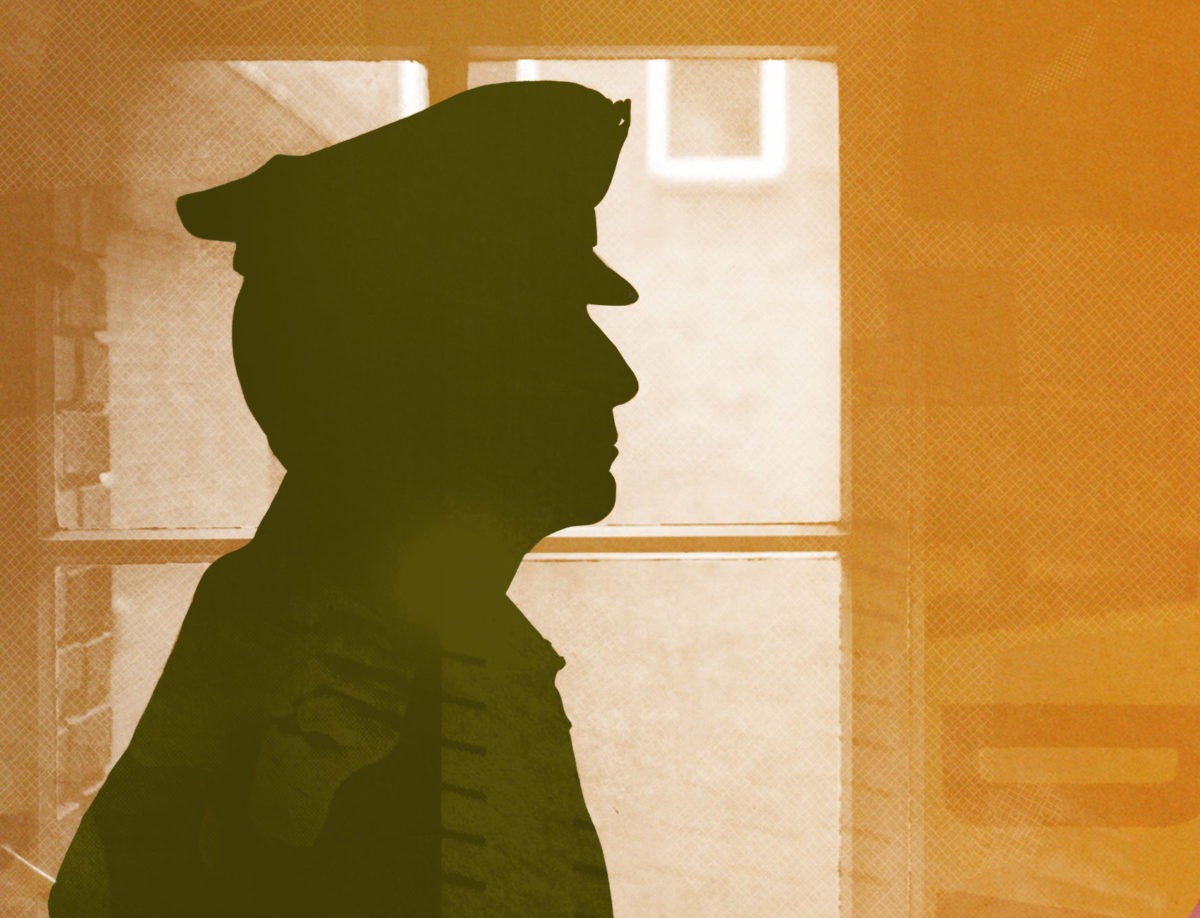
Men in Unit B-2 at the Shawangunk Correctional Facility say staff members have harassed and abused them since they possibly came into contact with an infected officer.